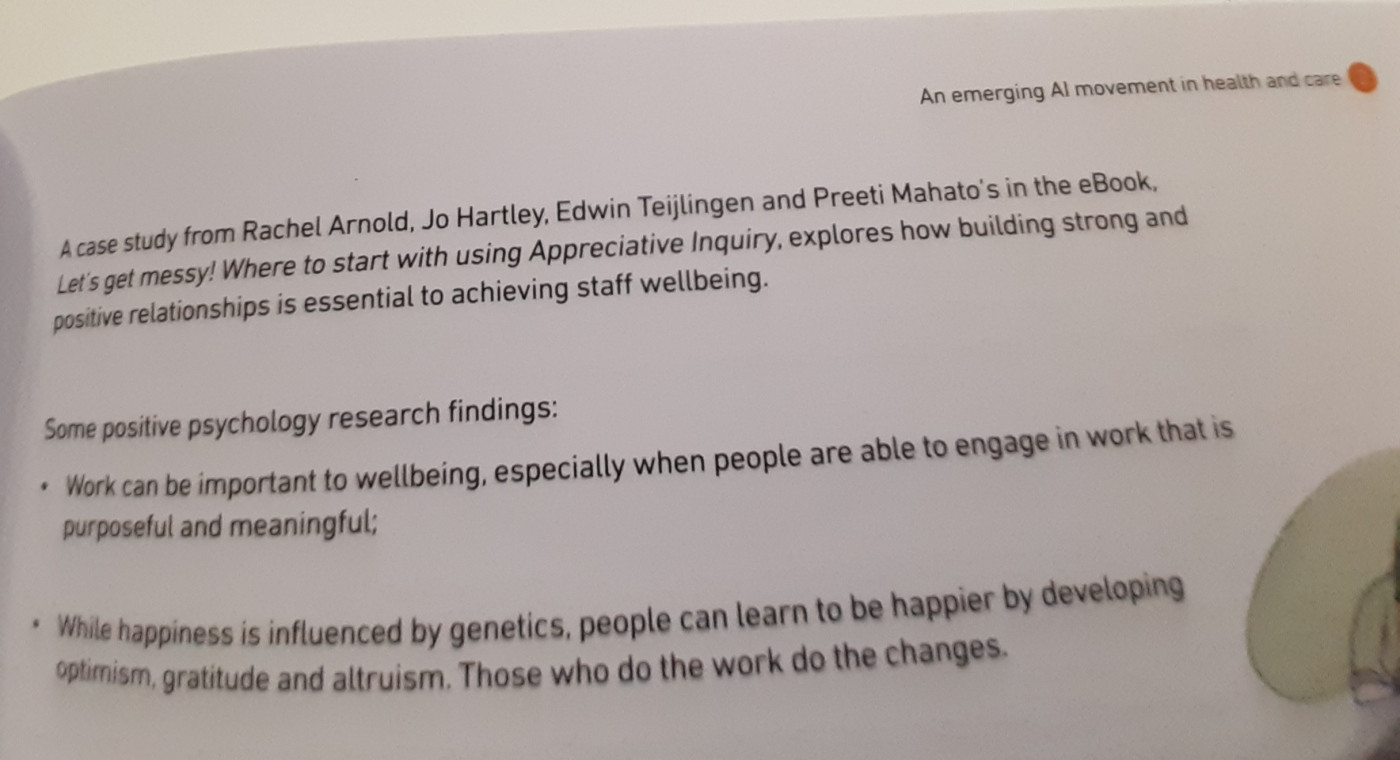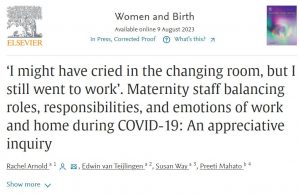
We’re excited to share some great RKEDF training opportunities coming up in April 2024.
Click on the titles to find further details and book your place. Details of an ECRN Funding call can also be found at the end……
Online RSA Drop-In meeting
Wednesday 3rd April, 10:30-11:00, Online
Meet your RSA reps, hear updates on how BU is implementing the Research Concordat and give feedback or raise concerns that will help to develop and support the research community at BU.
Principal Investigation
Wednesday 10th April, 14:00-15:00 at Talbot Campus
This session is aimed at any researcher who is, who plans to be, a Principal Investigator for an externally funded research or knowledge exchange project.
Introduction to RED – The Research & Enterprise Database
Thursday 11th April, 10:00-10:30 Online
An overview of the Research & Enterprise Database and how to use RED to identify your supporting pre and post award officers.
Engaging with Schools & young people
Tuesday 16th April, 10:00-11:00, online
Engaging young people with the world of research can be a worthwhile and enjoyable experience for everyone involved. You can benefit from the opportunity to develop and put into practice your skills, build confidence and widen your research horizons.
RDS Academic & Researcher Induction
Wednesday 24th April, 09:30-11:00 Online
This event provides an overview of all the practical information staff need to begin developing their research plans at BU, using both internal and external networks; to develop and disseminate research outcomes; and maximising the available funding opportunities.
Impress the Press: How to talk to Journalists
Wednesday 24th April, 14:00 – 16:00 at Talbot Campus
A practical session covering tips and techniques for speaking with broadcast media (TV and radio) followed by the chance to put it into practice through mock interviews. No previous experience is necessary.
Introduction to BRIAN
Monday 29th April, 10.00-11.00 at Talbot Campus
This interactive workshop is an introductory session to BRIAN (Bournemouth Research Information And Networking), BU’s publication management system. It is aimed at those who are new to BU or have not updated their staff profile for a while. Attendees will need to bring their laptop.
Research Council Development Scheme (RCDS)
RDS is continuing with the RCDS through April 2024
The RCDS is a coordinated, targeted set of activities designed to inspire and equip BU researchers to achieve greater success with Research Council funding. Attendees have been nominated by their Head of Department
ECRN Funding Call NOW OPEN
The RKEDF and BU ECRN are delighted to offer funding (up to £500) to organise an event, roundtable, meeting, training, or workshop in support of research at BU.
This funding supports BU Early Career Researcher Network members to organise and facilitate an event that can be thematic, subject/discipline based, foster community engagement, knowledge exchange or networking and does the following;
– Brings ECRs and others together to share ideas, knowledge and learning.
– Provides a space for intellectual discussion.
– Helps to facilitate collaboration and future opportunities.
– Enables an opportunity for networking.
For all the details, click on the title above – deadline for submission is Friday 26th April 2024
For any further information, please contact RKEDF@bournemouth.ac.uk
Please, help us to avoid any waste of resources; make sure you can attend or cancel your booking ahead of the session.





 Research Leadership: Leading the Development of a Project for Funding
Research Leadership: Leading the Development of a Project for Funding











 Dr. Ashraf cited on ‘Modest Fashion’ in The Guardian
Dr. Ashraf cited on ‘Modest Fashion’ in The Guardian NIHR-funded research launches website
NIHR-funded research launches website Academics write for newspaper in Nepal
Academics write for newspaper in Nepal MSCA Postdoctoral Fellowships 2025 Call
MSCA Postdoctoral Fellowships 2025 Call ERC Advanced Grant 2025 Webinar
ERC Advanced Grant 2025 Webinar Horizon Europe Work Programme 2025 Published
Horizon Europe Work Programme 2025 Published Horizon Europe 2025 Work Programme pre-Published
Horizon Europe 2025 Work Programme pre-Published Update on UKRO services
Update on UKRO services European research project exploring use of ‘virtual twins’ to better manage metabolic associated fatty liver disease
European research project exploring use of ‘virtual twins’ to better manage metabolic associated fatty liver disease